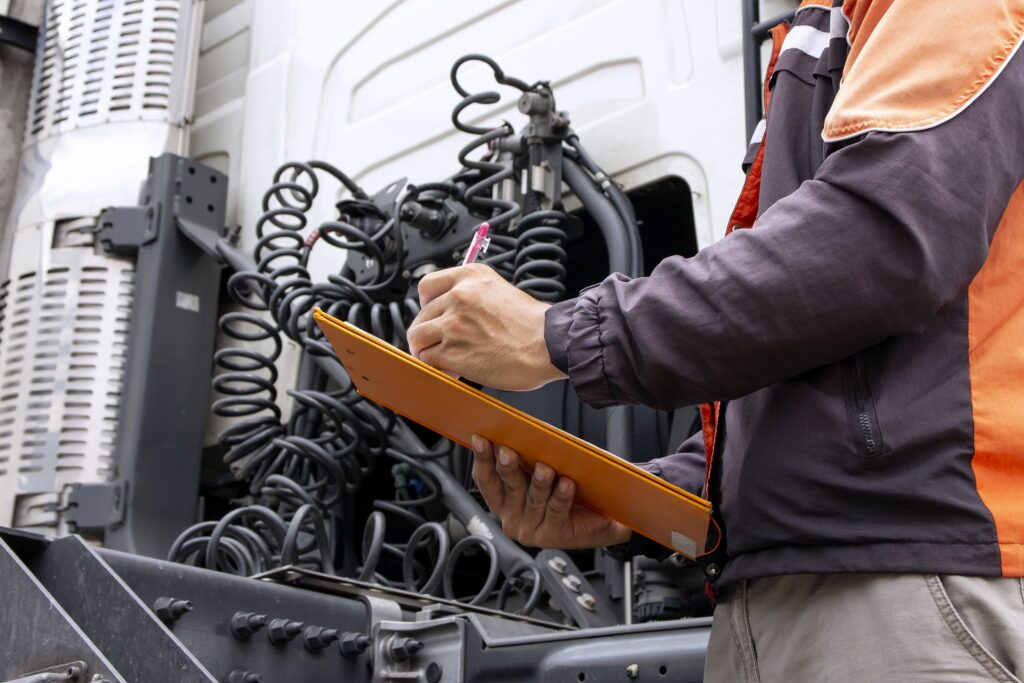- Always practice safe driving and navigating.
- Do not exceed daily driving limits. Exceeding limits can lead to accidents and violations.
- Review the Federal Motor Carrier Safety Administration’s (FMCSA)* Hours of Service regulations for full details
- Obtain proper insurance
- According to FMCSA, “Insurance requirements vary depending on the entity type (motor carrier, broker, freight forwarder) and the entity’s type of operating authority(s), type of cargo, and vehicle type(s).”
- Partner with a company that is an auto haulers insurance marketplace expert and understands the complex risks associated with insuring your operations.
- Understand DOT, national, and state regulations to protect lives and prevent injuries
- These regulations promote road safety standards that protect drivers, their trucks, and cargo and help protect the public from harm.
- To avoid fines and penalties, familiarize yourself with the laws and regulations enforced in each state.
- Care for your equipment and know how to use it properly
- This includes your truck, rachets, hooks/straps, hydraulic/leveling systems, and functional fleet safety kit (flares, warning triangles, fire extinguisher)
- Perform routine inspections on your towing vehicle and trailer and promptly address/repair any issues
- Develop a preventative maintenance program to address potential issues
- Master vehicle loading, securing, and unloading
- Regularly check for evenly distributed and secured cargo to prevent shifting during transit, damaged cargo, and potential road accidents, making unloading smoother.
Contact the Palomar Transportation Team to learn more.
*The Federal Motor Carrier Safety Administration (FMCSA) is an agency within the Department of Transportation.
